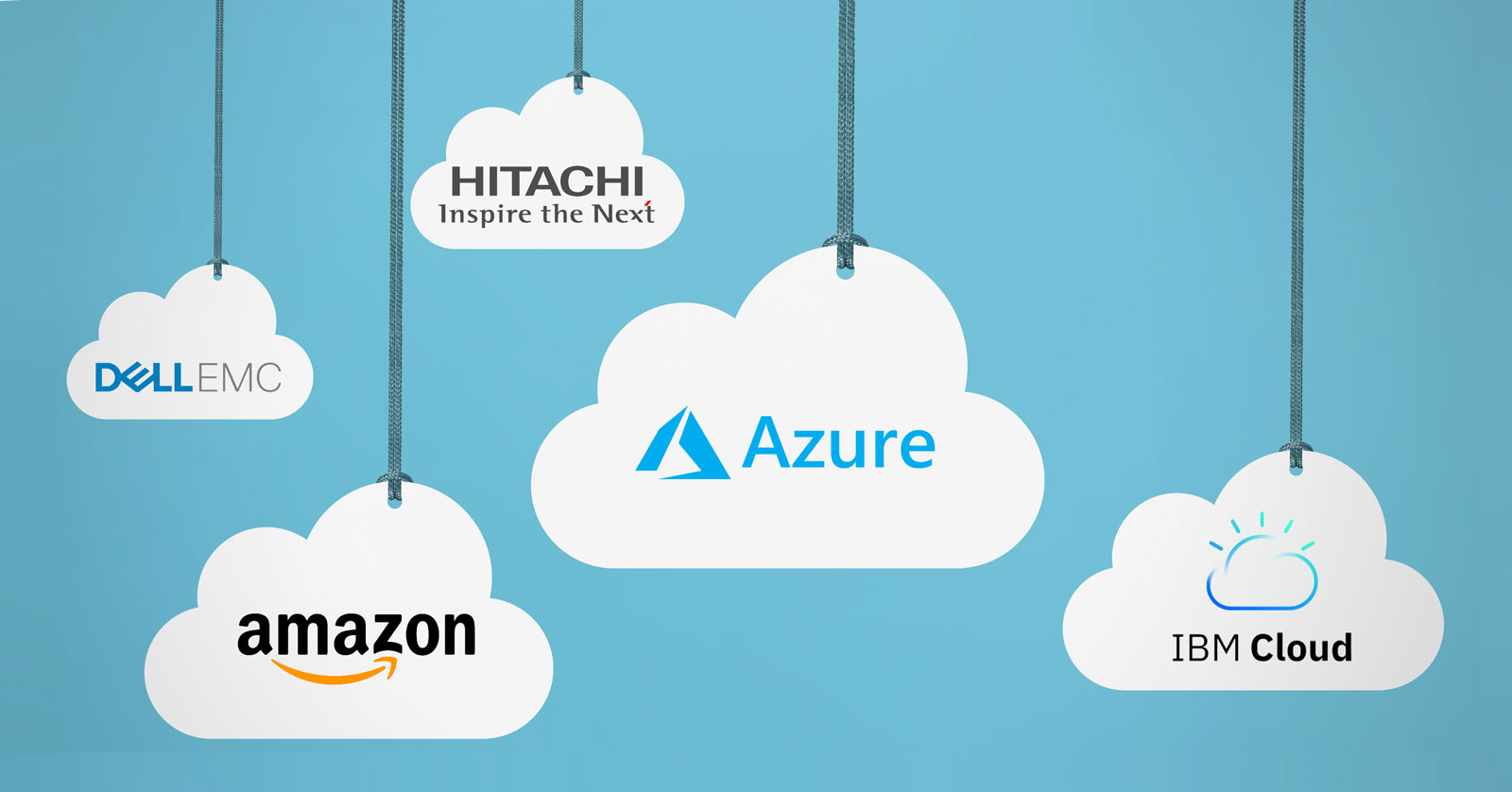Why a Multi-Cloud Approach to File Storage Makes Sense in 2019
April 25, 2019 | Andy Hardy
In the past year, nearly every CIO I’ve spoken with has a cloud-first initiative. No surprise there. What’s far more interesting is how many of these leaders are adopting a multi-cloud strategy.
Watching how our clients use Nasuni as a flexible multi-cloud solution for file storage has been enlightening. In working with global organizations and talking with prospective customers, I’ve identified 5 reasons to take a multi-cloud approach to file storage.My colleague Anne Blanchard, the Senior Director of Product Marketing at Nasuni, and I recently conducted a live action webinar on this subject, which you’re welcome to watch on-demand. The webinar has all the details, but here are some quick overviews of the 5 reasons:
1. Optimize Around Data Sovereignty
With some of our customers, files created in one country must be stored in that country, for regulatory or compliance reasons. Yet these businesses might have subsidiaries elsewhere in the world that aren’t subject to these restrictions. Having the flexibility to leverage multiple clouds is a huge advantage here. Otherwise these firms would be forced to create different infrastructure solutions in different parts of the world.
2. De-couple Application Data and Analytics
There are many interesting and powerful data analytics tools on the market today. Some of our clients don’t want all their data residing in the same place as these tools, for compliance or commercial reasons. Or they want file data to be accessible everywhere for processing and analytics. A multi-cloud approach to file infrastructure is critical here because it gives you that control and flexibility.
3. Avoid Vendor Lock-in
Many of the enterprises I speak with don’t want to be locked in to a specific cloud because they don’t want to give up their leverage. I understand. I was on their side of the table once as the head of IT for a global investment bank. If you can’t easily move your storage to another cloud, then you can’t use this as a negotiating tool to get a better price.
Vendor lock-in limits your technical flexibility, too. One of our clients, the advertising and media giant TBWA, relied entirely on private cloud storage when they first partnered with Nasuni. Today, however, the company is expanding to a multi-cloud strategy by adding a public cloud service to it’s private cloud line up. Enterprises need solutions like Nasuni that give them the technical and commercial freedom to operate across clouds and yes, change clouds if they need to.
4. Object Store File Solutions Are Not Enterprise Ready
The major object storage vendors have file storage solutions that are largely geared toward moving your files into the cloud. They don’t deliver essential enterprise NAS capabilities once those files reside in object storage. Worse, they can leave you locked in to one vendor, and your end users won’t enjoy the fast performance and familiar experience they’re accustomed to.
5. A Common User Experience Increases Productivity
I say this in a more colorful way in the webinar, but users don’t care about infrastructure. They’re not interested in whether their files are stored on local NetApp Filers, a private cloud in Germany, or an Azure Cloud Storage volume residing in China. What they care about is doing their job with minimal technical headaches and file access delays.
A successful multi-cloud file storage solution allows enterprises to disguise the backend and present all users with the same fast, familiar, secure experience. Our own clients have come back to us and talked about how this common experience increases collaboration and productivity across the world.
Multi-Cloud File Infrastructure with Nasuni Cloud File Services
We go into all of this in more detail in the webinar, but Nasuni provides a way to store, protect, synchronize, and collaborate on files globally in a multi-cloud environment. Our clients rely on multi-cloud infrastructures to meet their global data sovereignty requirements, control how they leverage analytics, avoid vendor lock-in, and deliver an enterprise experience to all their global users.
Take a few minutes to watch our brief, but informative webinar, or give us a ring so we can discuss how to help you drive your digital transformation with a multi-cloud solution.
[rev_slider alias=”5-things-webinar”]Bobby Silva shares Nasuni’s efforts to aid evolving global data sovereignty requirements and compliance regulations in addition to being recognized as a Google Cloud Assured Workloads partner.
Lance Shaw shares insight on how switching to hybrid cloud solutions can be positive for both the enterprise and the planet.
Andres Rodriguez shares why enterprises need to get fit for AI and the top factors prohibiting their AI success.


